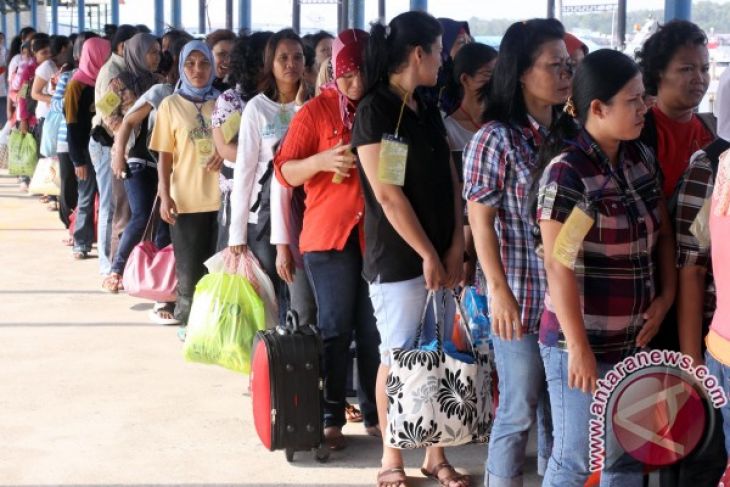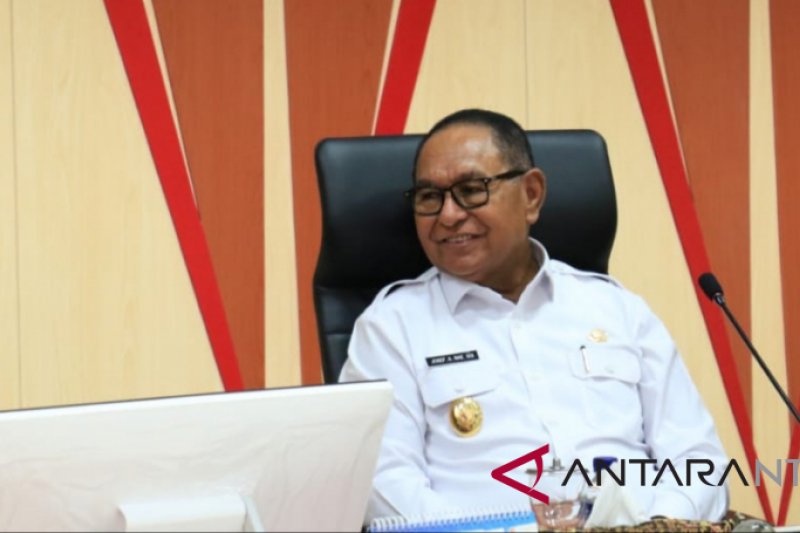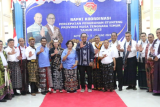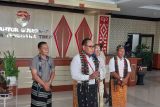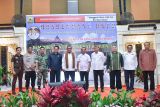Kupang (AntaraNews NTT) - The Indonesian province of East Nusa Tenggara (NTT) is critical of the problems regarding the migrant workforce, because from January to August 2018, a total of 73 workers from the province working in Malaysia were sent home in a lifeless condition.
In addition, the government of Malaysia has, so far, also deported some 44 Indonesian migrant workers for their involvement in drug cases.
Seeing this appalling condition, East Nusa Tenggara Deputy Governor Josef Nae Soi has stated that the moratorium on sending Indonesian migrant workers from the province to work in Malaysia should be implemented immediately.
According to him, this moratorium is very urgent and must be implemented without delay, because East Nusa Tenggara has been very critical of the problems of migrant workers.
However, Director of the Indonesian Advocacy for Justice and Peace Service (Padma) Gabriel Goa stated that the moratorium on sending migrant workers abroad would become fertile ground for human trafficking practices in the country.
He said he did not agree with the moratorium policy, because it only fostered human trafficking practices in the country, especially in East Nusa Tenggara.
Goa argued that the government should not rush into a moratorium without prior evaluation because the policy to implement it will only foster trafficking in NTT.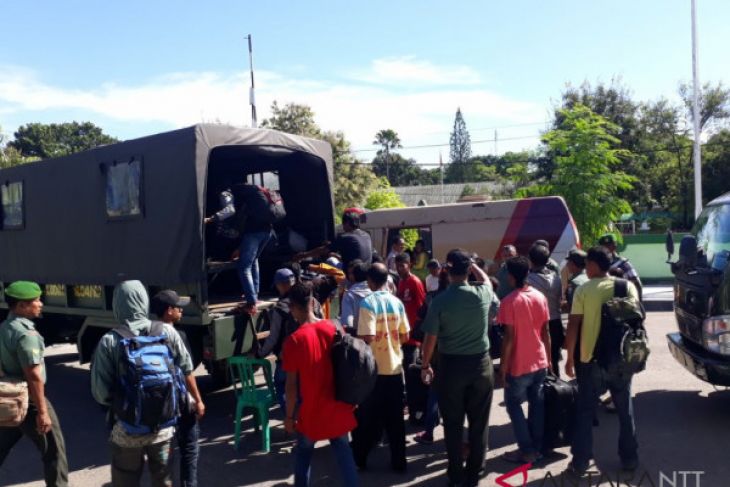
In addition, the moratorium on the sending of TKIs abroad by the North Central Timor District Government in the East Nusa Tenggara Province actually led to the trafficking of persons in the Indonesia-Timor Leste border region.
According to him, the NTT Government should focus on building Vocational Training Centers (BLK) of International Standards and One-Stop Integrated Services (LTSA) to foster and establish the workforce.
Thus, labor products produced through BLK and LTSA are truly professional and ready to be distributed to international markets according to the request of the country concerned, he said.
Hence, Goa hoped that the Viktor Laiskodat-Josef Nae Soi administration would immediately build a BLK and LTSA in Tambolaka to help prospective migrant workers from Sumba Island.
In addition, he hoped for one in Kupang to serve Indonesian migrant workers from Timor Island, Semau, Rote Ndao and Sabu Raijua, as well as one in Maumere to serve Indonesian migrant workers from Flores and Lembata Islands and the surrounding small islands.
If the BLK and LTSA are realized, he felt optimistic that the products produced by the workforce would be in line with the demand of the market, as well as minimize the human trafficking practices that have occurred so far.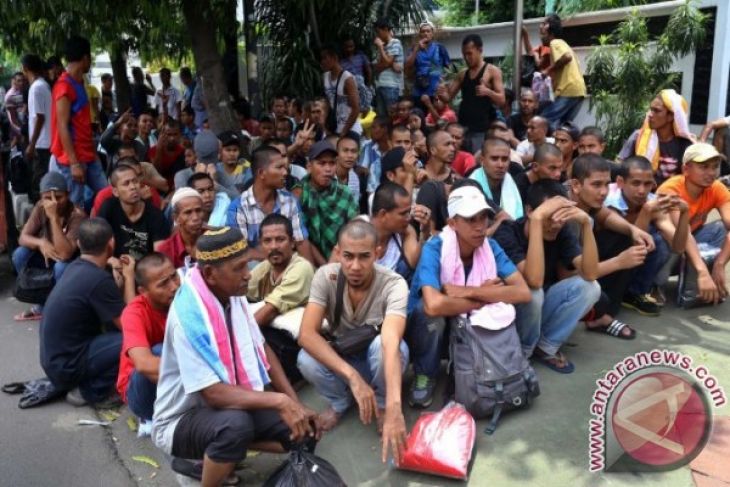
However, Nae Soi said that together with Governor Viktor Bungtilu Laiskodat, they had discussed this matter seriously with elements of the local leadership (Forkompimda) communication forum.
His party said that anyone involved in the issue of trafficking of persons would be dealt with firmly, according to the applicable law.
He said the number of migrant workers sent illegally and already in Malaysia was estimated to be far more than the legal status.
For this reason, the provincial government immediately sent a team to collect data on all NTT migrant workers in Malaysia, which was targeted for October 2018.
Separately, head of the provincial labor and transmigration office of NTT, Bruno Kupok, said from 2016 to September 2018, there were 5,007 workers from NTT in Malaysia. The numbers did not include those who went to the country illegally, he said.
Hundreds of thousands of Indonesians are estimated to work in Malaysia mainly in plantations and most of them entered the country illegally. There have been cases of human trafficking with victims being mainly workers from NTT.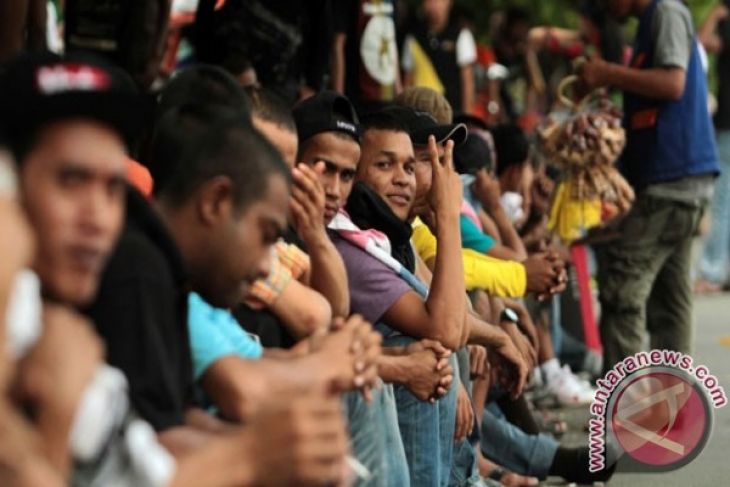
"A moratorium policy is the same as a temporary suspension on sending of special migrant workers from NTT, and during the moratorium, we will streamline the administration of migrant workers," Kupok remarked in Kupang regarding the TKI moratorium policy from the province.
In the meantime, NTT Governor Viktor Bungtilu Laiskodat, who was recently sworn in on September 5 in Jakarta, said he would conduct a moratorium on the sending of TKIs from East Nusa Tenggara.
He stated that the governance of sending TKIs and the recruitment process of prospective migrant workers would be addressed.
During this time, companies were allowed to recruit migrant workers directly from villages, and this was then misused by brokers to recruit illegal TKI.
In future, the company will only accept migrant workers from the government that have received training and are ready to be sent abroad, according to the local Manpower and Transmigration Office chief.
"Hence, the first area to be addressed is the procedure for recruiting prospective migrant workers. Companies are no longer allowed to recruit directly from villages, so candidates cannot go down to villages in the name of companies shipping Indonesian migrant workers," Kupok remarked.
Another aspect that must be addressed is the skill-based training of workers, who will be sent abroad. He noted that during this time, Indonesian labor migrants must undergo training in Java, and it creates complex social problems, such as rape, confinement, and access to prospective migrant workers.
In connection with this training, the NTT government is struggling to build an overseas labor training center, which will later function to train prospective migrant workers.